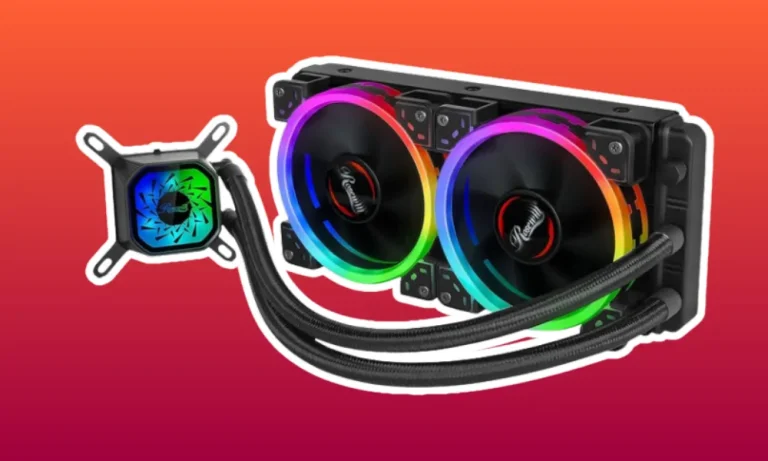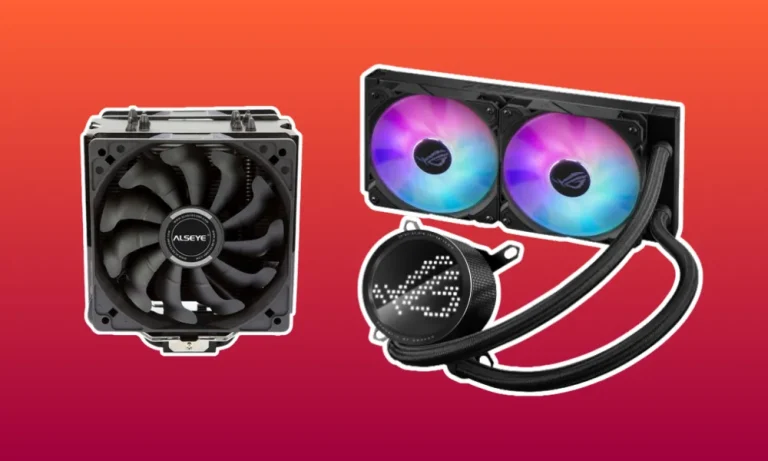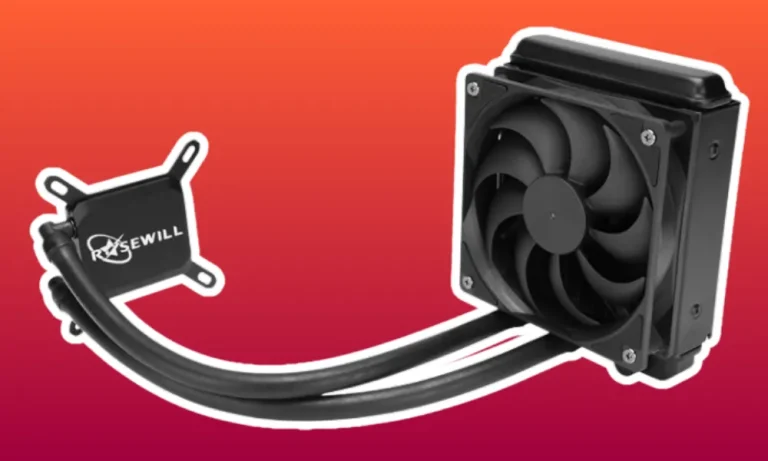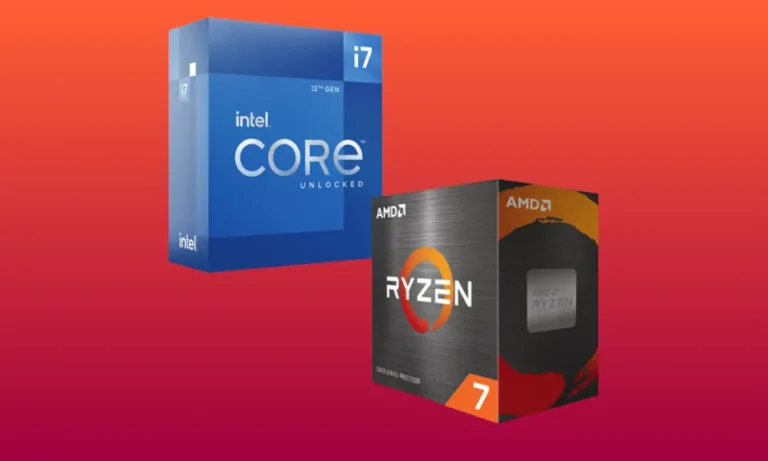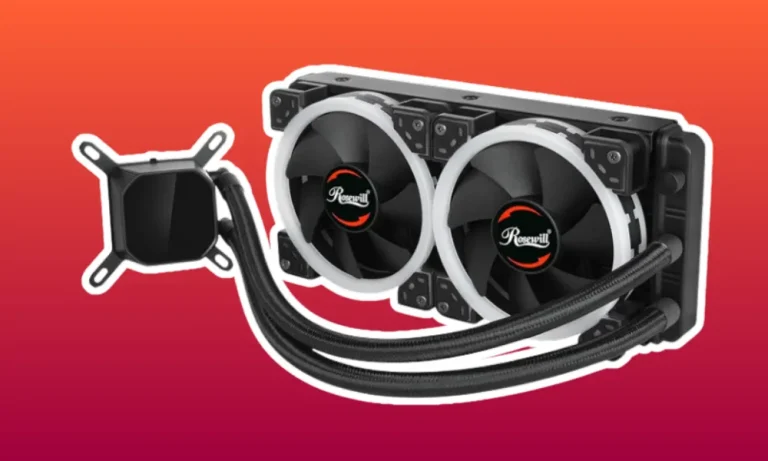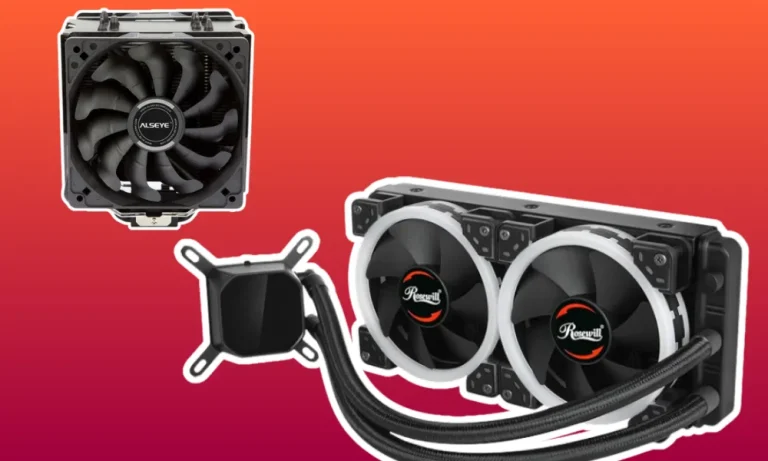Are CPU Coolers Universal?
CPU coolers are essential for maintaining optimal temperatures in computer systems. But are they universal? In this comprehensive guide, we’ll unravel the mystery of CPU cooler compatibility.
Whether you’re a tech enthusiast or a beginner, we’ll break down the complexities in a conversational and easy-to-understand manner. Let’s dive in and explore the world of CPU coolers!
Understanding CPU Socket Types
When it comes to CPU coolers, understanding the different socket types is crucial. Socket types, such as LGA, PGA, and AM4, determine the physical connection between the processor and the motherboard.
CPU Socket Types
CPU socket types, like LGA (Land Grid Array), PGA (Pin Grid Array), and AM4 (AMD’s socket type), serve as the interface that allows the CPU to connect with the motherboard. Each socket type has a unique design and pin layout, which affects the compatibility of CPU coolers.
Variations Across Processor Brands and Generations
Different processor brands, such as Intel and AMD, have their own socket types. Additionally, within each brand, there are variations across different generations of processors. This means that a CPU cooler designed for an older Intel processor may not be compatible with a newer generation Intel processor due to changes in the socket design.
Importance of Matching Socket Types
Matching the CPU socket type with the corresponding CPU cooler is crucial for proper installation and optimal performance.
If the socket type of your processor and cooler don’t match, they won’t be physically compatible, making it impossible to mount the cooler correctly. This can lead to inadequate cooling, potentially causing overheating and performance issues.
Compatibility Factors
When it comes to choosing a CPU cooler, compatibility goes beyond just matching the socket types. Several factors come into play that can impact system performance.
Impact on System Performance
CPU cooler compatibility directly affects the cooling efficiency of your processor. Inadequate compatibility can lead to higher temperatures, which in turn can cause thermal throttling and decreased performance.
Choosing a compatible CPU cooler ensures optimal cooling, allowing your processor to run smoothly even under heavy workloads.
Dimensions, Clearance, and Mounting Mechanisms
Apart from socket compatibility, factors like dimensions, clearance, and mounting mechanisms are essential to consider.
CPU coolers come in various sizes, and it’s crucial to ensure that the cooler fits within the available space in your computer case. Additionally, clearance refers to the distance between the cooler and other components like RAM modules or graphics cards.
Ensuring sufficient clearance prevents any physical interference and allows for proper airflow.
Mounting mechanisms also play a role in compatibility. Different coolers may use different mounting methods, such as brackets, clips, or screws.
Checking if the cooler’s mounting mechanism aligns with your motherboard’s mounting holes is necessary for a secure and stable installation.
Researching Motherboard Specifications and Compatibility Lists
To ensure compatibility, researching your motherboard’s specifications is crucial. Motherboard manufacturers provide detailed information about supported socket types, cooling solutions, and any potential limitations.
It’s also beneficial to refer to CPU cooler compatibility lists provided by manufacturers to identify which coolers are officially supported for your specific motherboard model.
Universal CPU Coolers
Universal CPU coolers offer a versatile solution for cooling systems with different socket types. These coolers are designed to fit multiple socket types, providing flexibility and convenience.
Advantages
Universal CPU coolers are cooling solutions that are compatible with multiple socket types from different processor brands. These coolers often come with a variety of mounting brackets and adapters, allowing them to be installed on various motherboards.
The main advantage of universal CPU coolers is their versatility, as they can be used across different systems without the need to purchase a new cooler for each socket type.
Fitting Multiple Socket Types
Universal CPU coolers achieve compatibility with multiple socket types through their modular design.
They typically come with interchangeable mounting brackets or adapters that can be adjusted to fit different socket layouts. This allows users to switch between different processors or upgrade their systems without having to replace the CPU cooler.
Challenges and Limitations
While universal CPU coolers offer convenience, there are some challenges and limitations to consider. Due to their design, universal coolers may not provide the same level of cooling performance as coolers specifically designed for a particular socket type.
The mounting mechanism and contact area may not be optimized for each socket, potentially leading to reduced cooling efficiency.
Brand-Specific CPU Coolers
Brand-specific CPU coolers refer to cooling solutions that are designed and manufactured by specific brands to complement their processors and motherboards.
These coolers offer several benefits, including compatibility, performance optimization, and unique features.
Benefits
Brand-specific CPU coolers are specifically engineered to work seamlessly with the processors and motherboards of a particular brand.
By utilizing in-depth knowledge of their own products, these brands can optimize the cooling solution for maximum performance and efficiency.
Additionally, brand-specific coolers often come with unique features and technologies that enhance cooling capabilities and reduce noise levels.
Popular CPU Cooler Brands
Several popular brands offer brand-specific CPU coolers, each with its own unique features. For example, brands like Noctua are known for their excellent cooling performance and low noise levels.
They incorporate advanced technologies like dual tower heatsinks and silent fans to deliver exceptional cooling efficiency. On the other hand, Corsair focuses on liquid cooling solutions, providing all-in-one coolers with customizable RGB lighting options.
Importance of Compatibility and Optimal Performance
Considering brand-specific CPU coolers is crucial for ensuring compatibility and optimal performance. These coolers are specifically designed to fit the socket types and mounting mechanisms of their respective brands.
By choosing a cooler from the same brand as your processor and motherboard, you can be confident that it will fit perfectly without any compatibility issues.
FAQs
Are all CPU coolers universal?
No, not all CPU coolers are universal. Some coolers are specifically designed for certain socket types and may not be compatible with others.
Can I use a universal CPU cooler for any processor brand?
Yes, universal CPU coolers are designed to fit multiple processor brands. However, it is essential to check compatibility with the specific socket type of your processor.
Will a universal CPU cooler provide the same cooling performance as a brand-specific cooler?
Universal CPU coolers may not provide the same level of cooling performance as coolers specifically designed for a particular socket type. The cooling efficiency may vary depending on the optimized design of the cooler.
How do universal CPU coolers fit multiple socket types?
Universal CPU coolers achieve compatibility with multiple socket types through their modular design. They often come with interchangeable mounting brackets or adapters that can be adjusted to fit different socket layouts.
Are there any limitations to using universal CPU coolers?
Yes, there are limitations to using universal CPU coolers. They may have size restrictions and may not fit within compact computer cases or interfere with other components. Additionally, the cooling efficiency may not be optimized for each socket type, potentially leading to reduced performance.
Conclusion
CPU coolers are not universally compatible. While universal CPU coolers offer versatility, they may not provide the same level of cooling performance as brand-specific coolers. Considering the specific socket type and dimensions of your system is crucial to ensure optimal cooling and compatibility.

